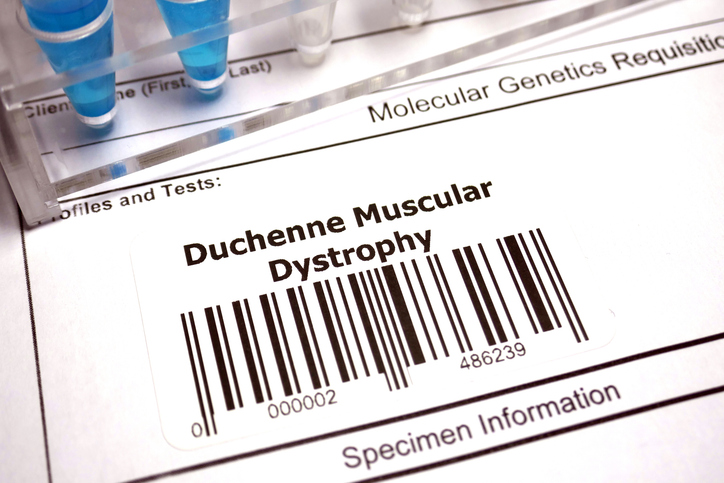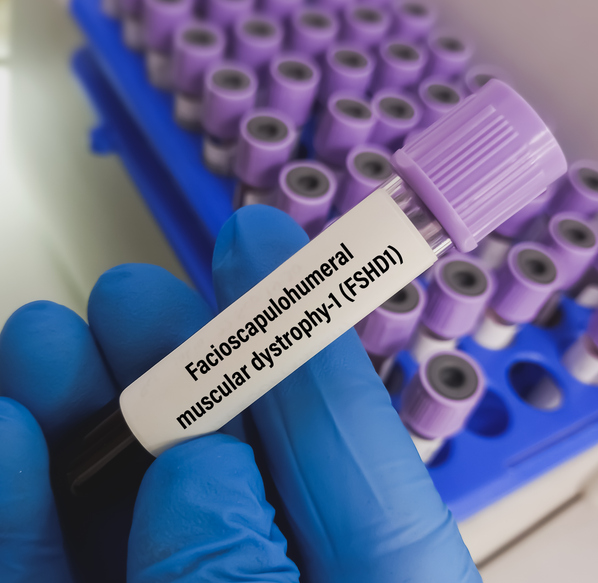
According to a study recently published in Neuron, there may be a link between the herpes virus and Alzheimer’s disease. As one of the most prevalent causes of death in the U.S., Alzheimer’s is a highly researched illness, and these findings could put physicians in a better position to diagnose it.
Analyzing brain tissue supplied by the Mount Sinai Brain bank from 622 individuals with Alzheimer’s and 322 without the disease, researchers found that those with early-stage Alzheimer’s had herpes virus levels twice that of those who were healthy. The viral genome was discovered to be present in roughly 30% of the Alzheimer’s brain, and was practically undetectable in those without the disease. The study found that the herpes virus may have influence on genes associated with Alzheimer’s disease as well.
The HHV6A and HHV7 strains of the virus were the two found in elevated levels in brain tissue of those with Alzheimer’s and are common forms of herpes that nearly everyone carries. Unlike the cold sore strain of the disease, these strains usually do not cause any complications.
A multi-omic assessment of #Alzheimers and the potential role of Herpes virus, w/ independent replication X2 https://t.co/I7FLTHWfIM … #OA@NeuroCellPress @CellCellPress by @jdudley and colleagues @IcahnMountSinai @IcahnInstitute pic.twitter.com/9XbQi2wW16
— Eric Topol (@EricTopol) June 21, 2018
Surprised by their initial findings, the researchers conducted the same study using samples from two other brain banks and achieved similar results. Despite these repeated findings, many are still skeptical about the link between herpes and Alzheimer’s. John Hardy, a geneticist at University College London said “There are some families with mutations in specific genes who always get this disease. It’s difficult to square that with a viral aetiology. I’d urge an extremely cautious interpretation of these results.”
Researchers assert that these results do not show that herpes is the cause of Alzheimer’s by any means, but that the virus does appear to accelerate changes in the brain leading to the disease. They hope that these findings could be the beginning of research into new areas of the brain to target in treating Alzheimer’s.
Sources: CNN, Neuron, The Guardian







 © 2025 Mashup Media, LLC, a Formedics Property. All Rights Reserved.
© 2025 Mashup Media, LLC, a Formedics Property. All Rights Reserved.